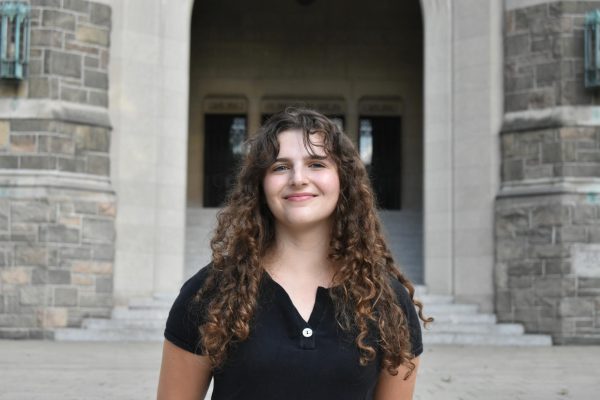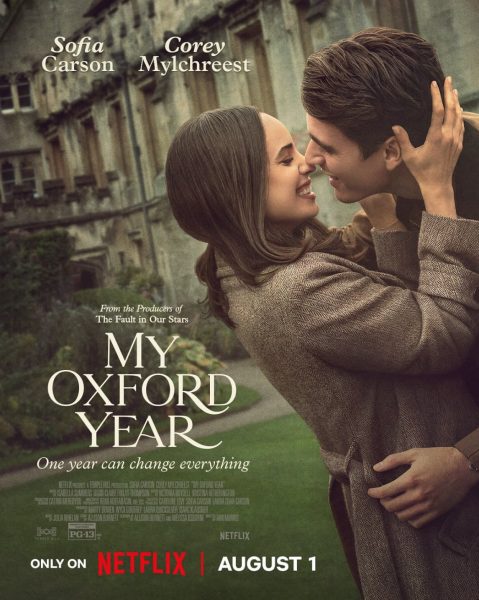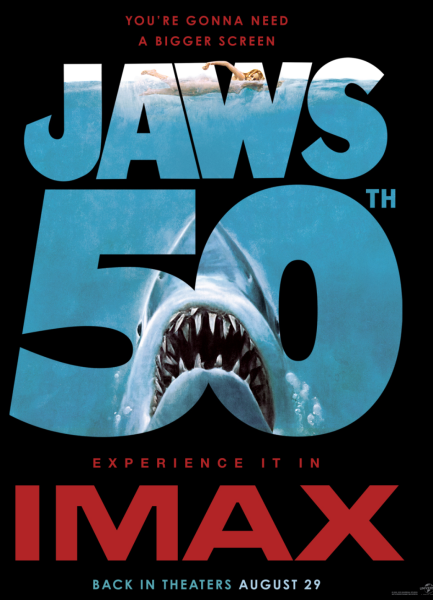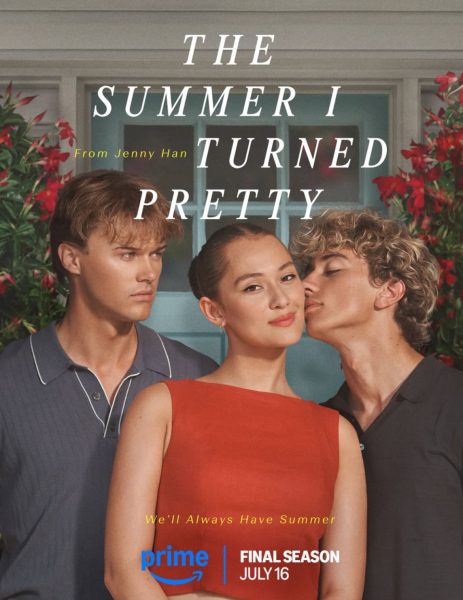Bittersweet Reminiscence in “Aftersun”
With heartfelt performances from both leads, A24’s “Aftersun” is a stunning motion picture. (Courtesy of Twitter)
“Aftersun” is the first feature film by up-and-coming director Charlotte Wells, whose own memories partially inspired this A24-produced movie. It surrounds an 11-year-old girl, Sophie (Frankie Corio), and her young father, Calum (Paul Mescal), on a beach vacation to Turkey in the ’90s. Calum has split from Sophie’s mother, who she lives with, but still maintains a deeply loving relationship with his daughter. While Sophie is in a phase of trying to act grown-up and Calum is clearly dealing with a lot, the two are in a haze when they’re with each other and the film later flashes forward to an adult Sophie to reveal how much this trip meant to her.
During the day, the two spend time sharing quiet giggles and the skills a loving parent would pass on to their child. They play pool, exchange questions and answers and Calum even offers Sophie a sip of beer. The days of their vacation fade into each other, but not because it’s a bore. They fade into each other in the quiet way things do when we remember them kindly, and we get to look back at them using rose-tinted glasses. This notion is emphasized with the use of home footage that Sophie and Calum take of each other during moments they will want to remember in the future. Several scenes show Calum reviewing the footage shortly after taking them, making it clear how much he cherishes his time spent with Sophie.
After the sun goes down, the tone of the film darkens, too. Sophie spends her time diving into her up-coming adolescence by hanging out with high-school-age kids and roaming around on her lonesome. Meanwhile, Calum’s struggles in life, that seem to stem from an insecurity that he cannot give Sophie all he would like to and a loss of youth from having Sophie at a young age, come to the surface in his moments alone. In a particular scene where Calum is shown running into the waves on the shoreline at night, the eeriness is enunciated with the sand being lit up and the water casted in darkness. He is completely concealed in the shot, alluding to the fact he doesn’t feel seen by anyone and feels as if he is drowning. The change of time, not only throughout their lives, but in the transition from night to day during this small bit of it has a melancholic feel that I have never seen constructed so perfectly in a film.
There is no meaningless dialogue between the two characters; when something is said, something is shared about them. When Sophie is feeling gloomy after a jam-packed day, she asks her father, “don’t you ever feel like you’ve just done a whole amazing day and then you come home and feel tired and down… like you’re sinking. I don’t know, it’s weird.” And it’s clear that Calum does feel that way, but he waits until she is asleep or gone off by herself to let it all pour out. Calum tells his daughter that he wants to hear about any parties, drugs or boys that she encounters throughout the rest of her life and when she says there will be none of that, he accepts the answer, “then I’ll want to hear about that, too.” However, Calum himself hides his woes from his daughter. The film is told through Sophie’s memories, so the audience is unable to grasp all of who her father is, as it’s often impossible for kids to fully understand their parents’ present, let alone their history and why they are who they are.
This bittersweet snippet of the lives of a father and daughter is deeply affecting in all the ways it’s meant to be. While “Aftersun” is on the slower end, the heartfelt performances from Mescal and Corio, a first time actress, along with the direction and dreamy cinematography, will rope audiences into a frenzy of brainstorming answers to the things that are left unsaid. It’s ultimately clear that none of them are easy, but “Aftersun” gives us a good place to start.

Lauren Lombardi is a junior from Long Island, N. Y. majoring in communications and minoring in film. Lauren began as a contributing writer for The Fordham...













































































































































































































